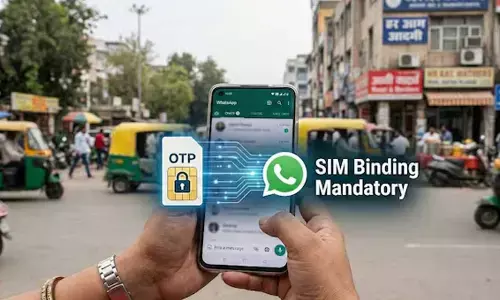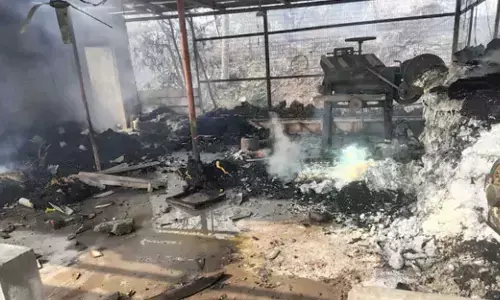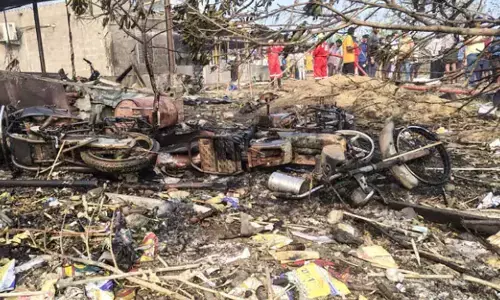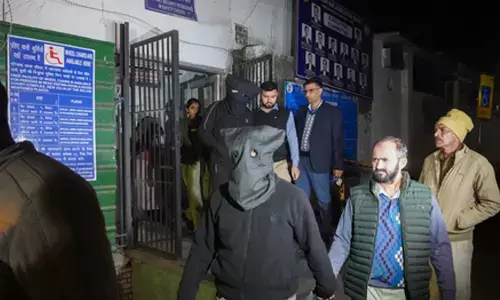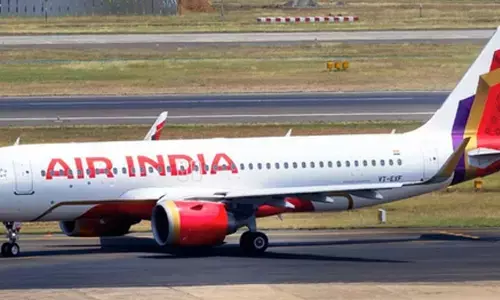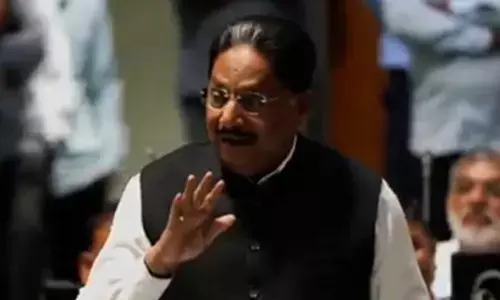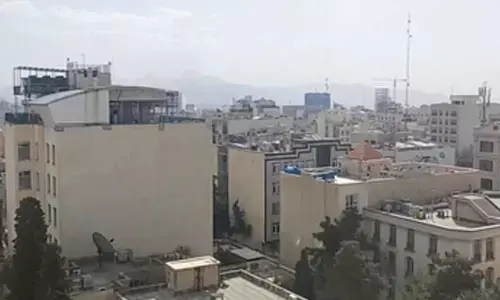Army Chief talks tough on China
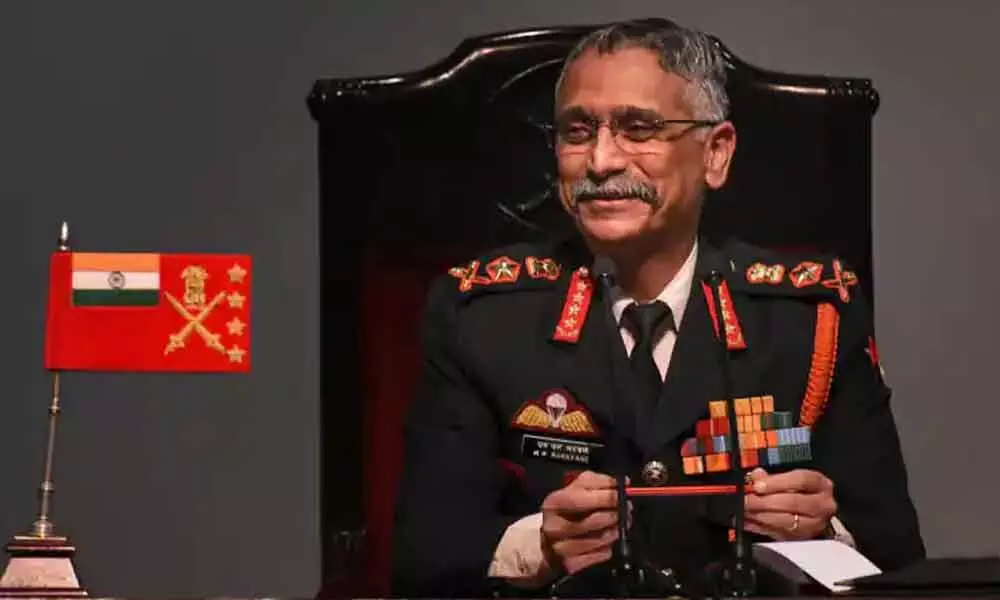
Army Chief Gen MM Naravane
China’s new border law unlikely to have any fallout: Gen Naravane
New Delhi: Army Chief Gen MM Naravane on Wednesday said that India will "come out victorious" in case of war with China. However, he said, war stays only as an "instrument of last resort". "But if resorted to, we will come out victorious," the Army Chief said.
China's new border law, which came into effect on January 1, is unlikely to have any military ramifications, but in case of one, the Indian Army is more than adequately prepared to handle it, Gen Naravane said at a virtual press conference on Wednesday ahead of the Army Day on January 15.
"As far as military ramifications are concerned, we are still looking into that aspect. Should there be any likely fallout in the military domain, we are more than adequately prepared to deal with it with whatever steps we have taken and rebalancing (of forces) we have carried out," he said.
The Army Chief said the Ministry of External Affairs has also made it clear that China's new border law will have no bearing on the bilateral relations, and India does not accept it as such.
"We have many other agreements and protocols which pre-date this law and any law which is not legally tenable and not in keeping with the other agreements we've had in the past, obviously cannot be binding on us," he said. The Army last year had taken a major call to rebalance its forces.
Among other efforts, the Army had decided to dedicate two of its four strike corps for the mountains facing China. "In line with our operational realities, we have undertaken reorganisation and rebalancing of forces. Re-orientation of additional forces to the Northern Borders, has been carried out while retaining our punitive strike capability, along the Western Front," Gen Naravane said.
In his opening remarks, he said threat assessments and internal deliberations, have resulted in re-organisation and re-alignment of forces to ensure territorial integrity and to cater for the major augmentation of the Chinese PLA forces and military infrastructure.
Although partial disengagement was carried out mutually by India and China after sustained dialogue, the threat by no means has not reduced, said Gen Naravane. He said it is clear that the Army's response to Chinese attempts to unilaterally change the status quo was robust and India was able to thwart this design. "This also gave us an opportunity to review our operational plans and based on that a lot of activities were undertaken to augment our capabilities not only in eastern Ladakh but all along the northern front," he said.
He said the Army took a holistic view of the entire northern front, which included not only augmentation of forces but also of infrastructure, weapons and equipment, which has resulted in increase in the Army's capabilities in the northern front in the last 1.5 years.
"We have inducted additional troops, made various infrastructure and billeting facilities for as many as 25,000 additional troops, which had gone into that area," he said. Infrastructure also includes roads, tunnels as well as storage facilities for ammunition and fuel, he added.
Referring to the 14th round of military commanders' talks, taking place today, General Naravane said it shows that "we can resolve our differences through dialogue". He said in the current round, both sides have made their opening remarks and after a short break they have got down to discussing specific agenda for the meeting, adding that he is yet to receive a further update. He said the fourth and the fifth round of talks resulted in resolving the issues at PP-14 post which a number of other rounds took and it was by the ninth and tenth round of talks that issues pertaining to the north and south bank of Pangong Tso as well as those related to the Kailash ranges were resolved. The issue at PP-17 was resolved during the 12th round of talks.
He said the talks help both sides understand each other's viewpoints, perceptions and differences go down with each meeting. "Then, we reach an agreement, which is based on mutual and equitable security and is acceptable to both sides and is a win-win for both," he said.


